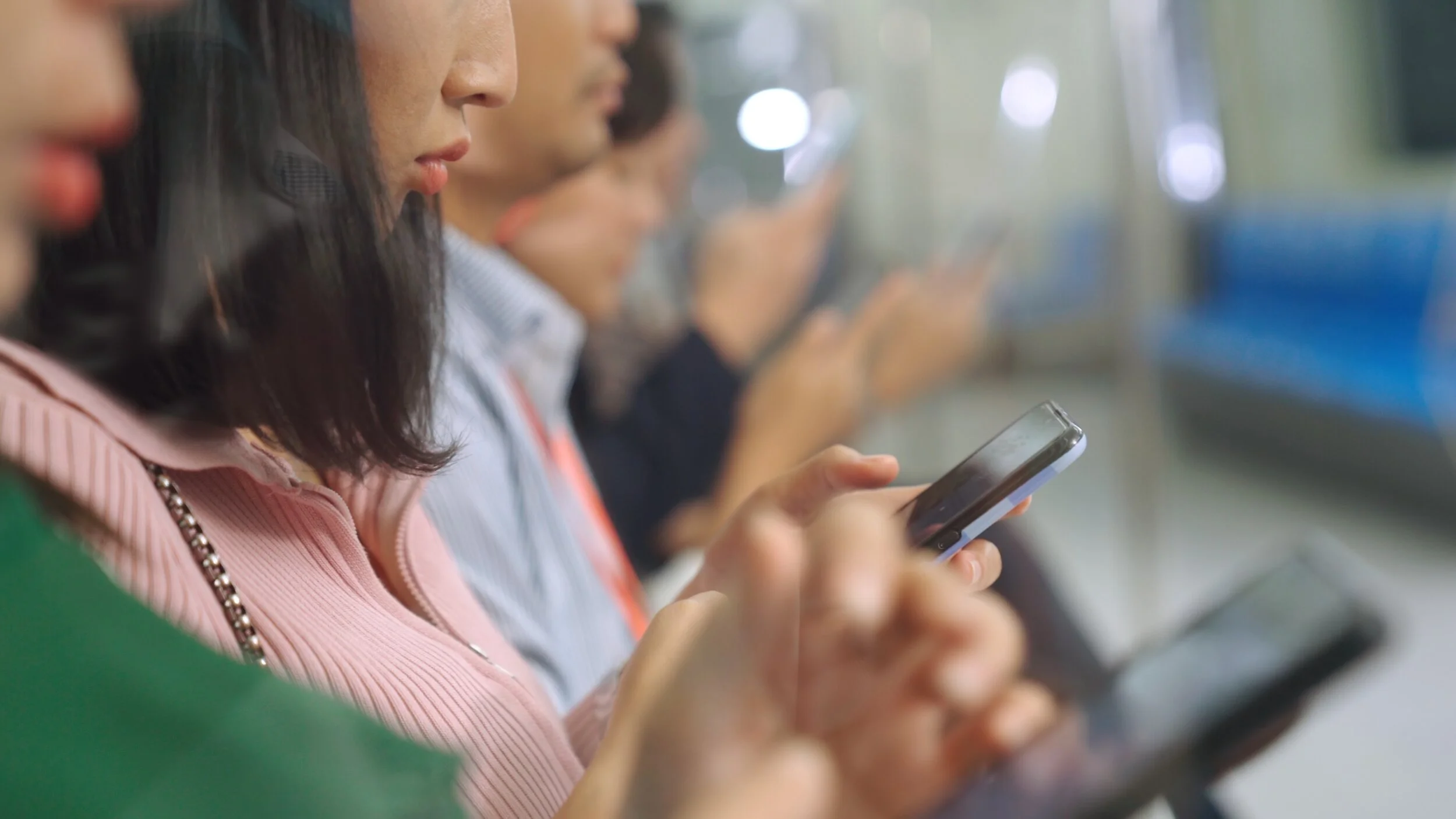At the risk of sounding bossy…..
We don’t get to complain about something we’re not willing to do something about.
Admittedly a bold call to action, but one we’d like to explore…..
Complaints are actually very useful tools in our daily lives. They can be valuable clues in identifying troublesome issues and they alert us to situations, interactions, circumstances and events that don’t sit well with us. They fall into two categories (I’m sure there are more but in the interest of brevity….): daily annoying irritations - like running out of milk for your coffee in the morning, traffic patterns and other drivers, daily interruptions in our otherwise well-scheduled days, social media interactions etc.. - and the larger, more existential varieties like “am I happy?” At work? With our professional or personal partners? Are we exploring our professional callings, enjoying the journeys and moving in a direction that will lead us to professional and personal self actualization? Big questions indeed…..Complaints are also useful in identifying patterns; if we’re repeating the same grievances ad nauseum, there’s probably an issue that ought to be addressed, which is hard; Things should go the way we want without any effort or thought - right?















